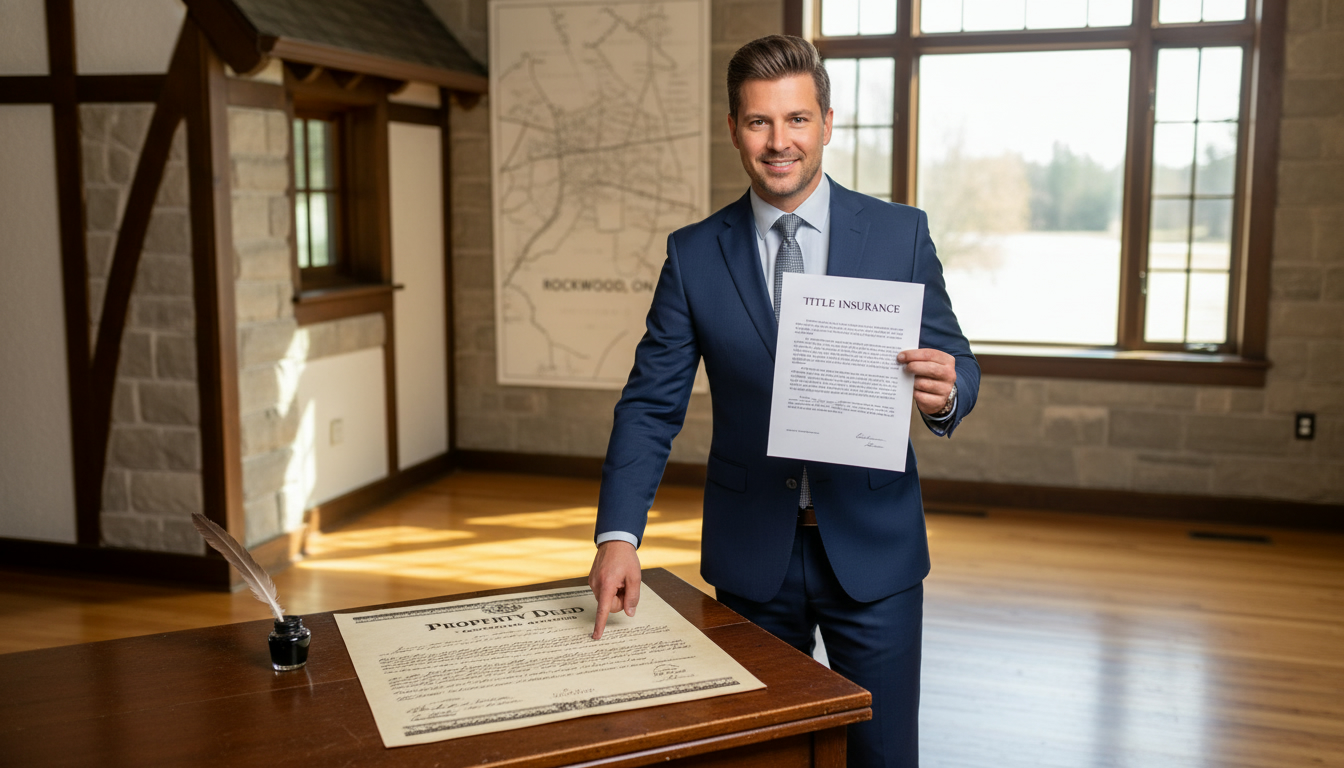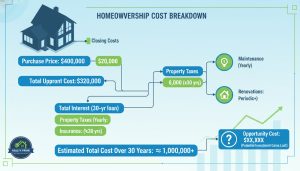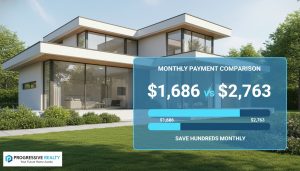What’s the Non-Resident Speculation Tax?
DON’T BUY IN ONTARIO UNTIL YOU KNOW THIS: The Non-Resident Speculation Tax can add tens of thousands to your deal.
What is the Non-Resident Speculation Tax (NRST)?
The NRST is a one-time surtax applied when a non-resident (individual or corporation) buys residential property in Ontario’s designated areas. It’s charged as a percentage of the purchase price and is collected at closing. This tax targets foreign or non-resident buyers to moderate demand and protect local housing.
Key SEO keywords: Non-Resident Speculation Tax, NRST Ontario, foreign buyers tax, Ontario real estate tax, non-resident tax.
Who pays the NRST?
You pay if you are: a foreign national, a foreign corporation, or a taxable trustee buying residential property in the Greater Golden Horseshoe and other designated regions. Canadian citizens, permanent residents and some exempt categories do not pay.
Actionable insight: verify residency status early. If you’re listed as a buyer on the Agreement of Purchase and Sale, the tax will be triggered.

How much is the NRST and when is it due?
The NRST is calculated as a percentage of the purchase price and is payable on closing. (Rates have changed historically; verify the current rate with your lawyer or realtor.) Practically, plan for an immediate cash outflow equal to the tax percentage — this can derail deals if you’re unprepared.
Quick math example:
- Purchase price: $800,000
- NRST at 25% = $200,000 due at closing
Result: You need $200K extra immediately.
Exemptions and refunds — what works in the real world
There are defined exemptions. Common ones:
- Canadian citizens and permanent residents
- Some corporations and registered charities
- Buyers who become permanent residents within a set period and meet occupancy rules may apply for a refund
- Diplomats, certain workers, and special circumstances
Action step: if you think you qualify for an exemption or refund, gather documentation up front: passport, PR card, work permits, incorporation documents, and timelines for residency applications.
Real-world scenario
A U.S. investor buys a Toronto condo for $1,000,000 without checking NRST. At closing they learn a 25% NRST applies — an unexpected $250,000 due. They face a financing gap, potential deal collapse, or forced sale. Proper planning avoids this.
What you must do next — 4 practical steps
- Confirm residency status before making an offer. Don’t guess. Get written confirmation from your lawyer or realtor.
- Budget the tax into your purchase plan. Assume worst-case rate to be safe.
- Ask for exemptions early and collect proof immediately.
- Consult a lawyer or accountant for refund eligibility if you plan to become a resident.
If you’re buying, selling, or advising clients in Ontario, this tax changes negotiating power and financing. Don’t be surprised.
I handle NRST questions for buyers and agents every week. Get a clear answer and a plan that protects your money.
Contact Tony Sousa — Local Realtor & Taxes/Financial Considerations expert
Email: tony@sousasells.ca | Phone: 416-477-2620 | https://www.sousasells.ca




















